Raising animals on the homestead is one of those things that sounds peaceful and simple… until you’re ankle-deep in mud, holding a feed bucket, and chasing a duck that somehow climbed onto the roof.
But Muscovy ducks? They’re the low-drama, high-reward backyard bird you didn’t know you needed.
Whether you’re a seasoned homesteader or just thinking about your first poultry project, here’s why Muscovies might be your new favorite addition.
1. What Makes Muscovy Ducks Unique
First off—Muscovies aren’t your average duck. In fact, they’re not technically ducks at all (at least not in the traditional mallard family). They’re a different species entirely—Cairina moschata—and that makes them a little odd in all the best ways.
They’re quiet, excellent foragers, and have those distinctive red caruncles around their faces that make them look like little dinosaurs in a feather coat.
Fun fact: They don’t quack. Instead, they hiss. It’s weirdly charming.
2. Pros of Raising Muscovies
There are so many reasons I keep Muscovy ducks on my farm. Here are a few of my favorites:
- Quiet – Ideal for urban or suburban homesteaders who want ducks without the noise.
- Great Foragers – They’ll eat ticks, flies, mosquitoes, and all the gross things you don’t want.
- Low Maintenance – Hardy birds that don’t need a ton of pampering.
- Delicious Meat – If you’re raising for food, Muscovy meat is leaner and less greasy than traditional duck.
- Broody Mamas – They love hatching their own babies. Set it and forget it.
- Winter Hardy – These ducks handle cold climates better than you’d expect.
3. Cons to Be Aware Of
Now, let’s be real. No animal is perfect.
Here’s what you need to watch out for:
- Flighty – Literally. Muscovies can and will fly into trees, roofs, or wherever they please unless you clip their wings or have a covered run.
- Poop Machines – Like all ducks, they’re messy. Don’t expect pristine pens.
- Caruncles – Some people find their red facial bumps unattractive or even alarming.
- Solo Behavior – They’re more independent than other duck breeds and don’t always flock together.
- Breeding Control – If you’ve got drakes and ducks, you will end up with ducklings unless you separate them.
4. Housing and Space Needs
Muscovies don’t need fancy coops. A basic shelter to protect them from wind and predators will do the trick. They like to roost—yes, like chickens—so give them access to low perches or boards.
Minimum space:
- Coop: 4–6 sq ft per duck
- Run/yard: 10–15 sq ft per duck
- Free range? Even better.
Just be aware they’re escape artists. Keep fencing high or clip wings if needed.
5. Feeding Your Flock
Muscovies are incredible foragers, but you’ll still need to supplement with feed:
- Starter feed for ducklings (non-medicated)
- All flock feed or layer feed for adults
- Treats and supplements like cracked corn, mealworms, or kitchen scraps
And always have fresh, clean water. Ducks make a mess of it, but hydration is essential.
6. Breeding and Ducklings
If you want a self-sustaining flock, Muscovy ducks are overachievers.
- Broody hens – They’ll sit on eggs for 35 days, often without needing intervention.
- Large clutches – Up to 15 eggs at a time.
- High hatch rates – Especially if you give mama a quiet, protected space.
Just make sure to separate aggressive drakes from nesting ducks—they can disrupt or hurt ducklings.
7. Common Health Issues
Muscovies are hardy, but no animal is immune. Keep an eye out for:
- Bumblefoot – A bacterial infection on the foot pad. Prevent with clean bedding and perches.
- Parasites – Mites, lice, or worms can show up if housing isn’t clean.
- Egg binding – Rare but serious in laying hens.
- Frostbite – Mostly on caruncles in freezing climates—shelter and Vaseline can help.
Routine checks and a clean living environment go a long way.
8. Muscovy Ducks and Other Animals
One of the things I love about Muscovies? They get along just fine with most animals.
I’ve kept them around chickens, goats, even pigs—with minimal drama.
A few tips:
- Don’t house them with aggressive roosters.
- Watch for feed-stealing from other animals.
- Give everyone their own space at night.
And if you have a pond? They’ll love it. But they’ll also be content with a kiddie pool.
9. Why They’re a Sustainable Meat Option
If you’re thinking about raising animals for meat, Muscovy ducks are one of the most sustainable options out there.
- Low Feed Conversion – Muscovies grow quickly and efficiently. A drake can reach butcher weight in just 12–14 weeks, with much less feed than chickens or turkeys.
- Minimal Input – Their excellent foraging skills reduce dependence on commercial feed.
- Hardy & Disease Resistant – Less need for medication or intervention means fewer costs and fewer chemicals.
- Low Environmental Impact – Quiet and clean compared to other poultry, Muscovies won’t overgraze or destroy pasture.
- No Incubators Needed – Their natural broodiness makes them a self-reliant meat source.
If you’re looking for a bird that can feed your family without draining your resources, Muscovies check all the boxes.
10. Final Thoughts
Raising Muscovy ducks has been one of the most rewarding (and entertaining) parts of homesteading for me. They’re quirky, useful, quiet, and surprisingly easy once you’ve got their needs down.
If you’re looking to add something new to your homestead—whether for meat, eggs, pest control, or just the joy of waddling weirdos—I can’t recommend them enough.
11. Next Steps
📥 Grab your freebie: [100 Ways to Make Money From Your Homestead] – perfect for figuring out how Muscovies (and other animals) can support your farm income.

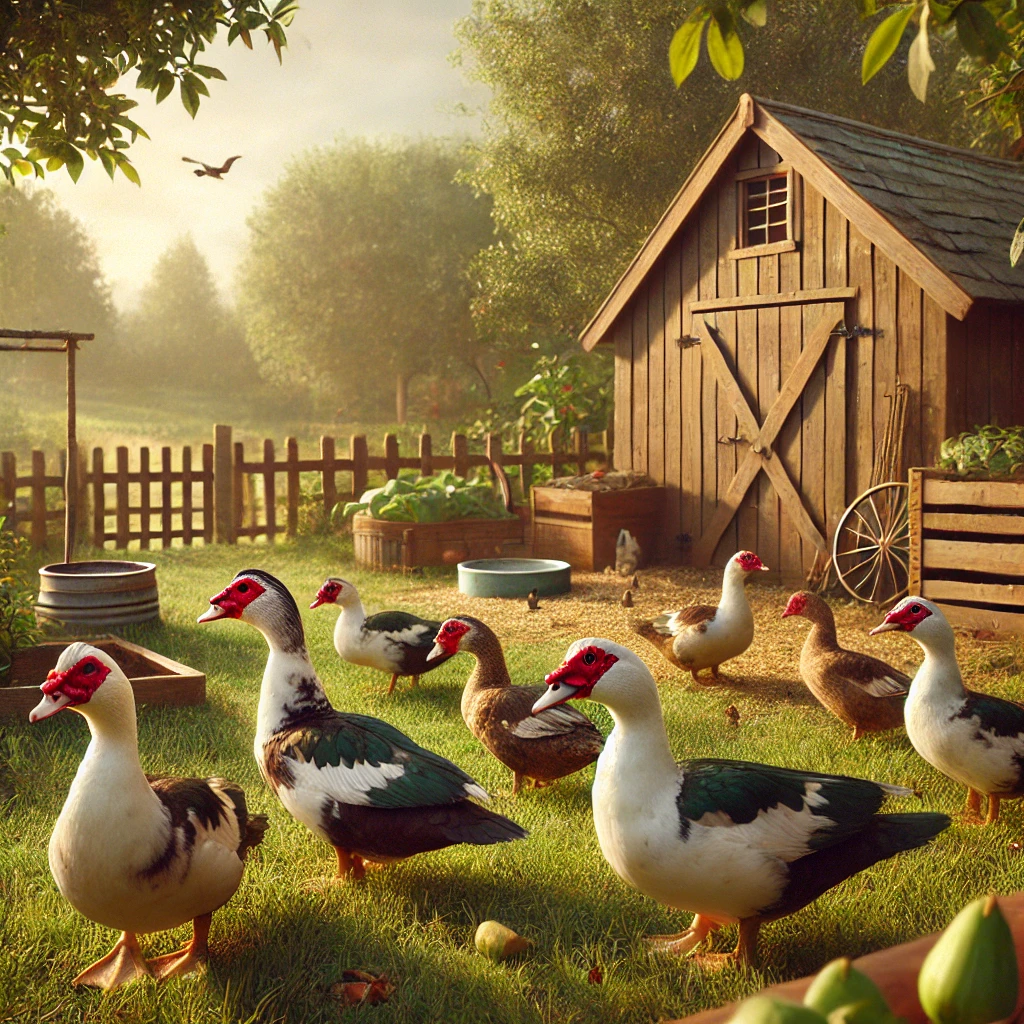
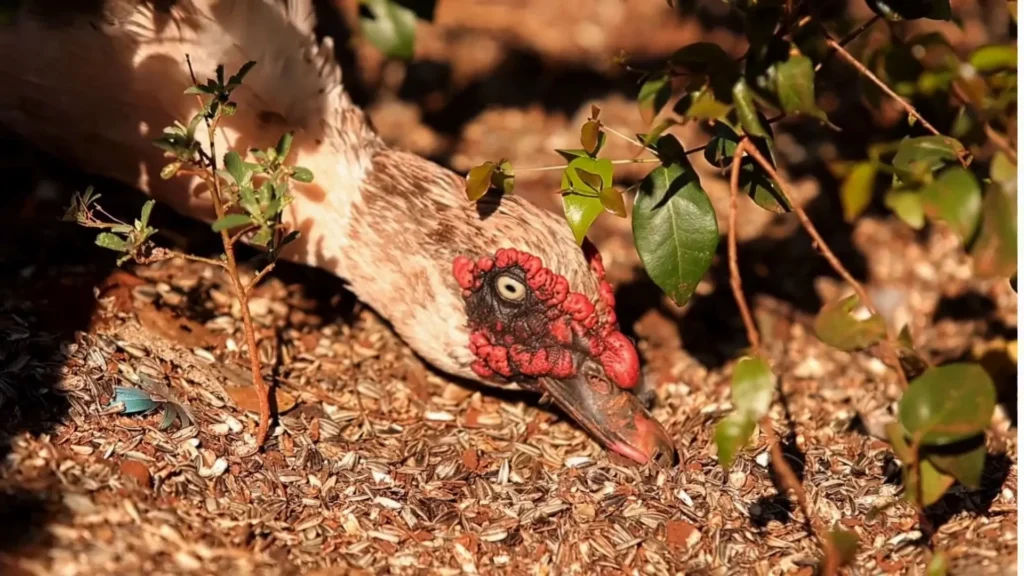
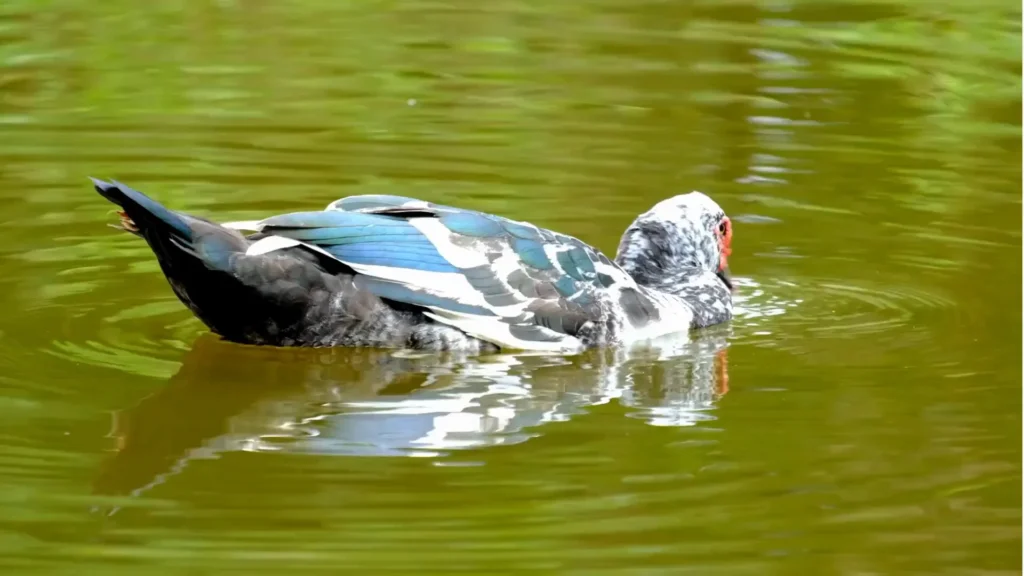
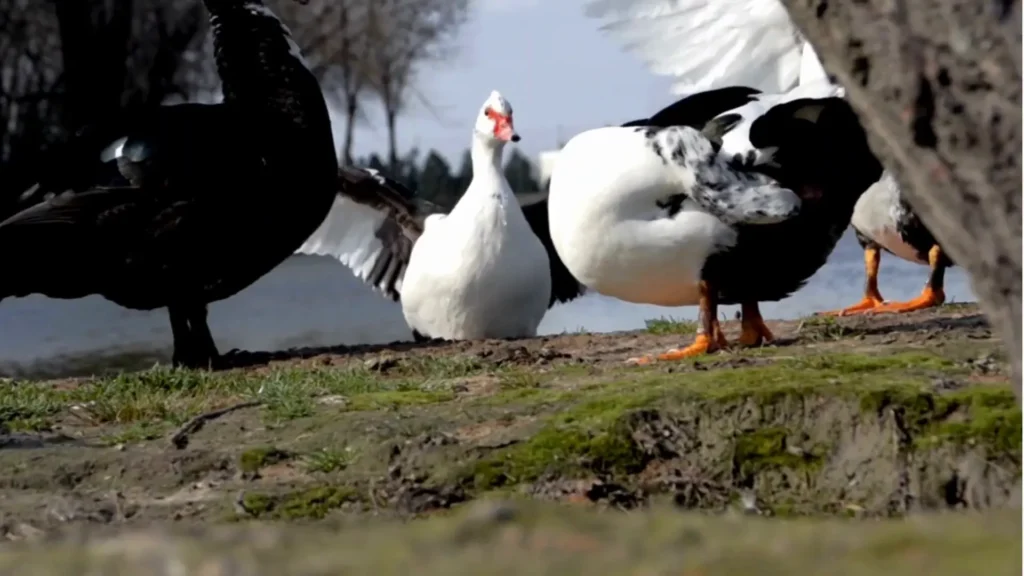
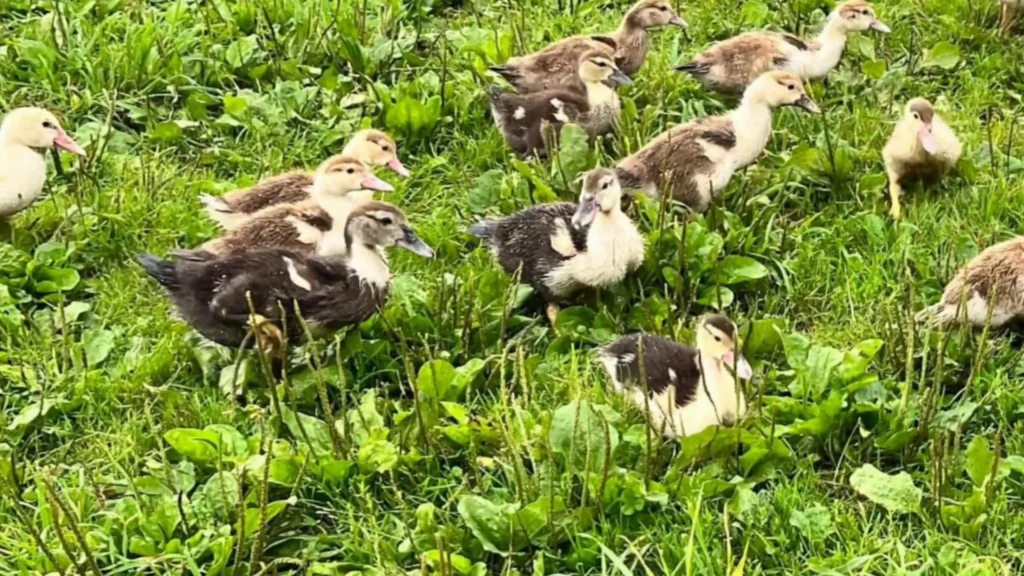
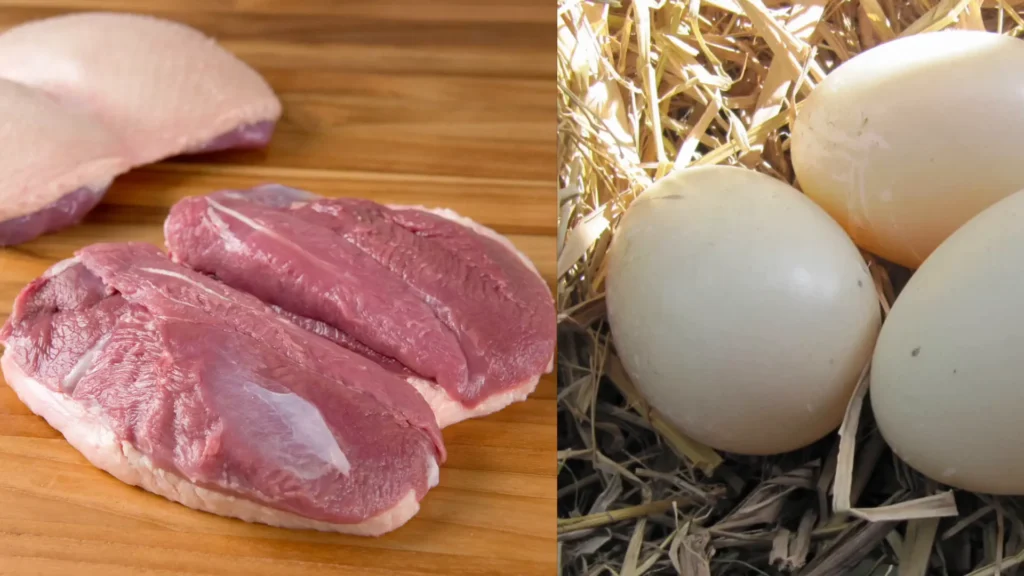
Leave a Reply